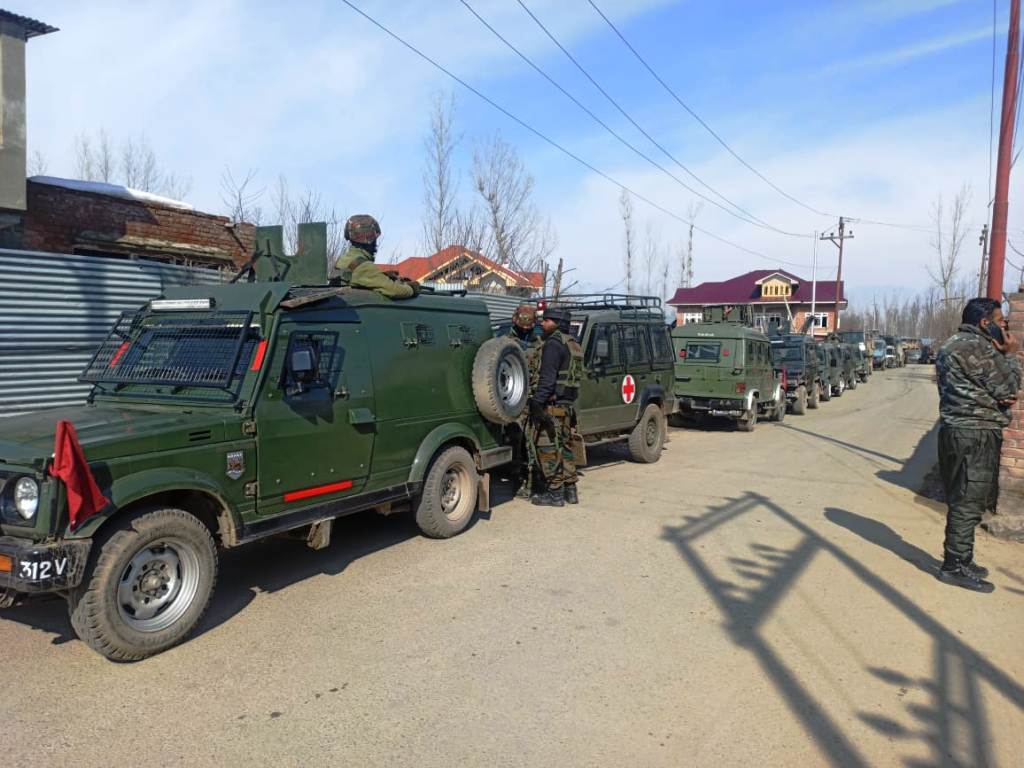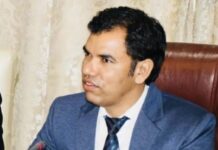For the first time in history, such a large number of women from Jammu and Kashmir will join the system as members of the DDCs. Not every one of them us a home-makers, reports Saima Bhat
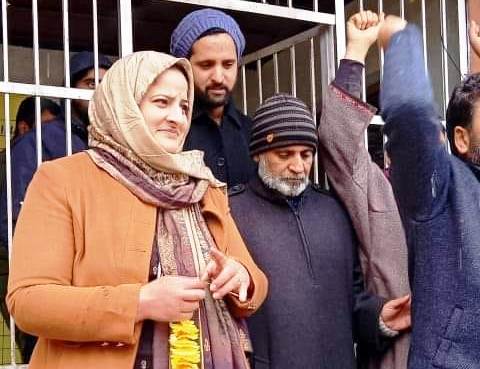
Cold and quiet, Tuesday, December 22 was a typical busy day for Achgooze, one of Pulwama’s nondescript villages. As little sunshine took over the foggy morning, people got busy in their routine. However, the scene at one of the houses was different. The inmates, along with a few relatives were tense and tired. Glued to their mobile phones, since morning, they were tracking the results of the DDC elections. It was not a matter of adult franchise alone. In fact, children were waiting for the results of their mother, who had contested the election from the women-exclusive territorial segment.
As the day passed, anxiety increased despite the trend being encouraging.
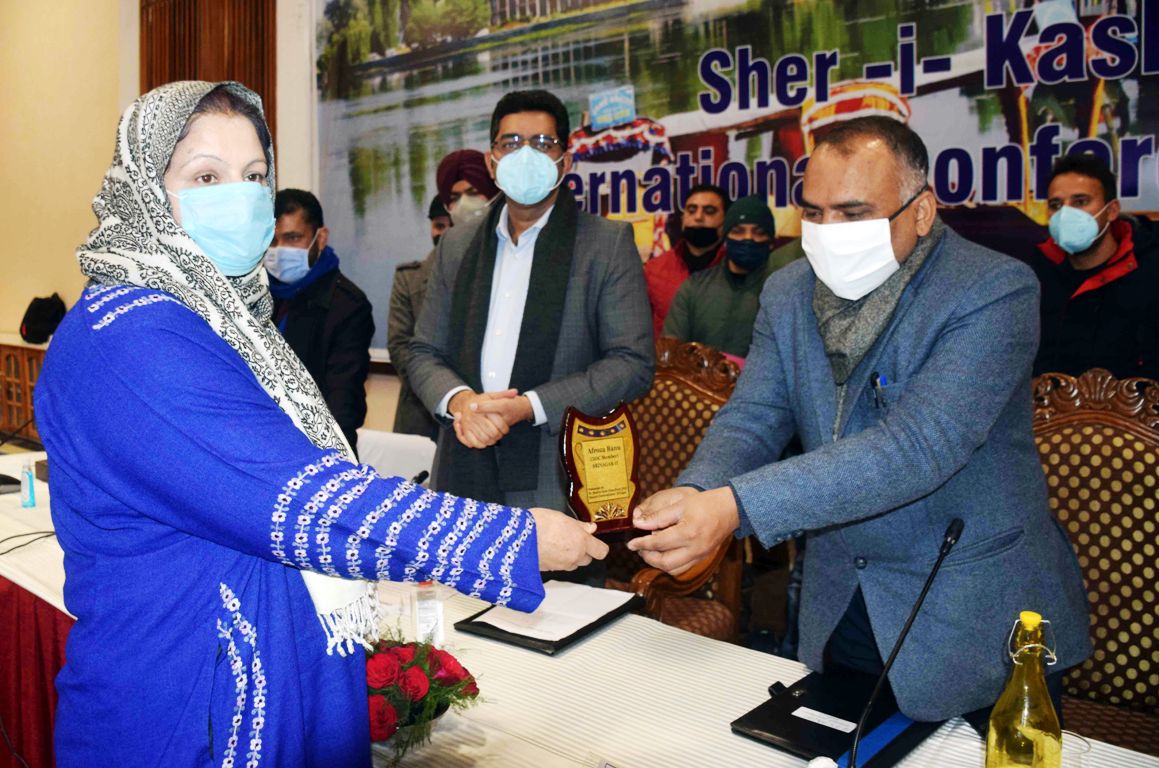
Finally, an illiterate, Mansha Begum, a mother of four, won from the Scheduled Tribe village triggering jubilations. A day later, Mansha drove home after spending more than 20 days in Srinagar. As the news of her arrival spread, residents thronged her home. The villager broke into a sort of festival.
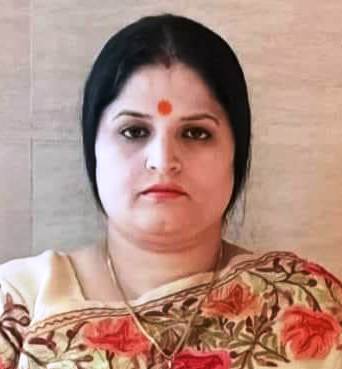
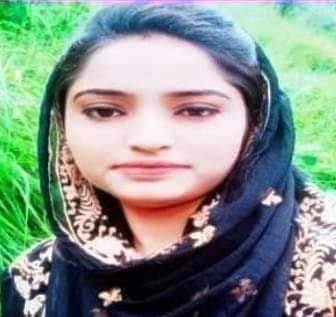
“It was a very different feeling. I can’t express in words what that Wednesday meant for us when our mother visited home,” said Iqra, the eldest daughter of Mansha. Waiting at the entrance with a currency note garland, Iqra said the journey of her mother from Srinagar seemed to be a lifetime. Happy to see her mother successful, she went to Pakherpora, almost 10 km away, to purchase a Rs 1000 garland of Rs 10 notes. After filing her nomination papers, Mansha was shifted by the administration to Srinagar, for “security reasons”.
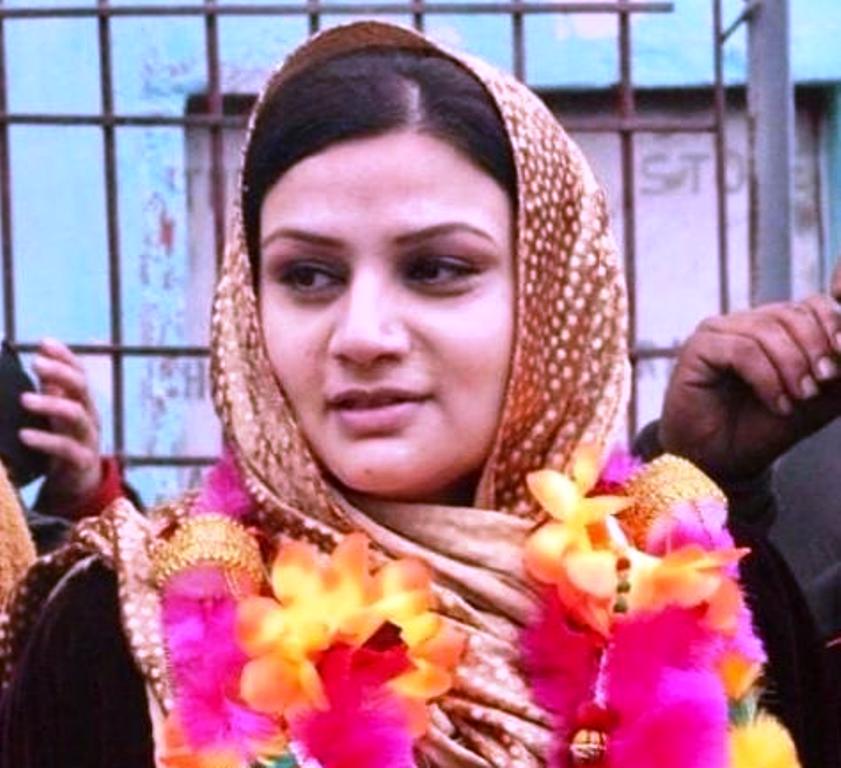
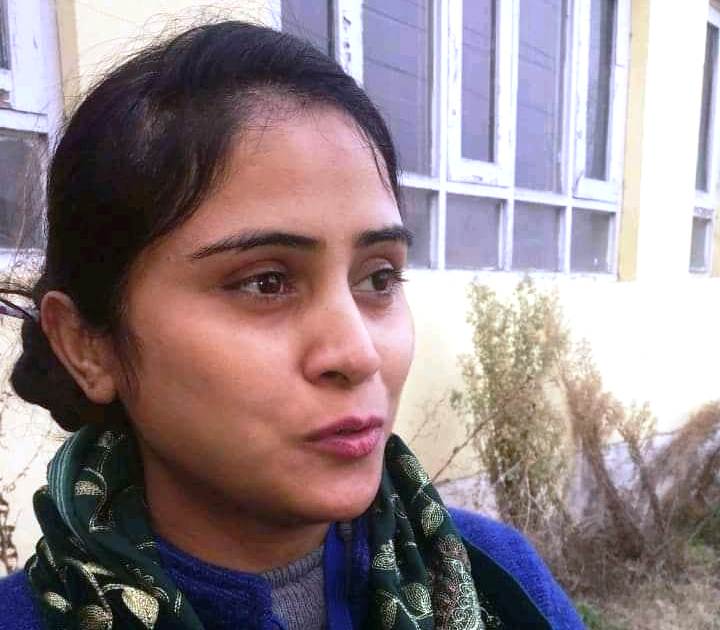
The day was a fairytale for Iqra, a school drop-out: the home looked different; more than known faces, the majority was unknown, mostly residents from adjoining areas who had come to congratulate her mother. Though they had prepared tea and two dishes for the lunch, the neighbours helped knowing that lot many people would be around.
“You know my mother was guarded,” a bewildered Iqra said. “She had two security vehicles along, one was on the front side of the sumo she was sitting in, and another behind it. She is the first person in our family who is in politics now.”
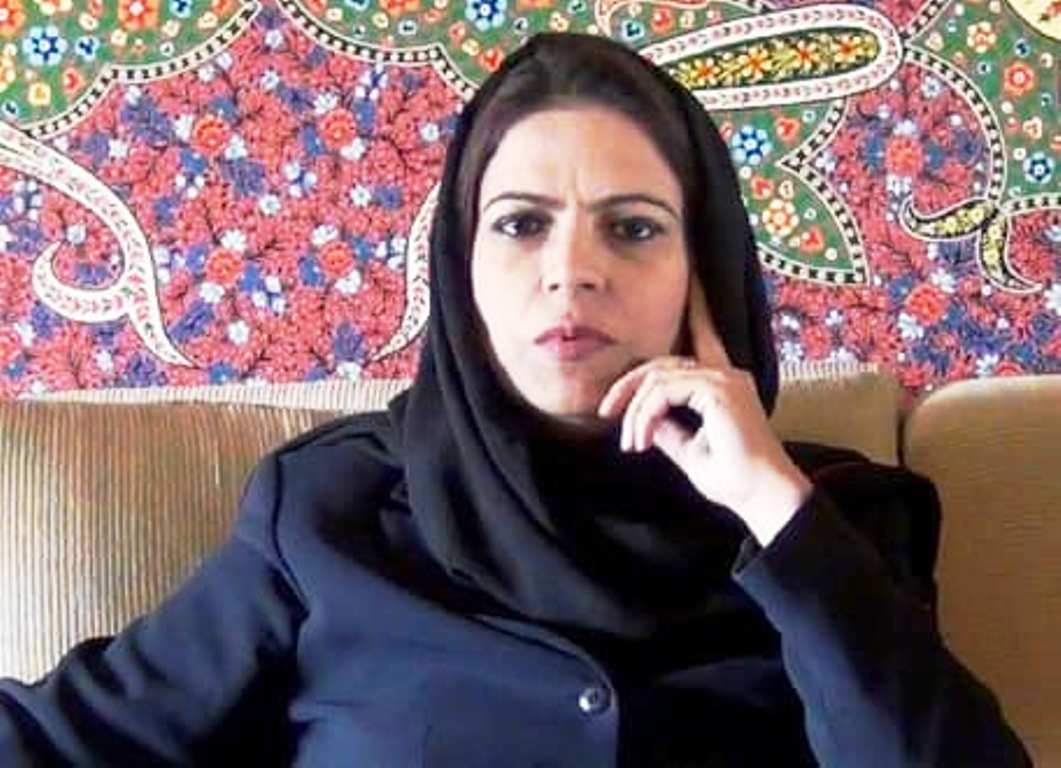
Mansha was among 449 other women, who contested for around 100 District Development Council (DDC) segments across Jammu and Kashmir. So far, 99 females (98 of them from reserved seats) were elected to the fourth tier of Panchayat Raj system. This would be the first time that such a major flock of women somehow gets into the governance structure. Results of two seats is awaited.
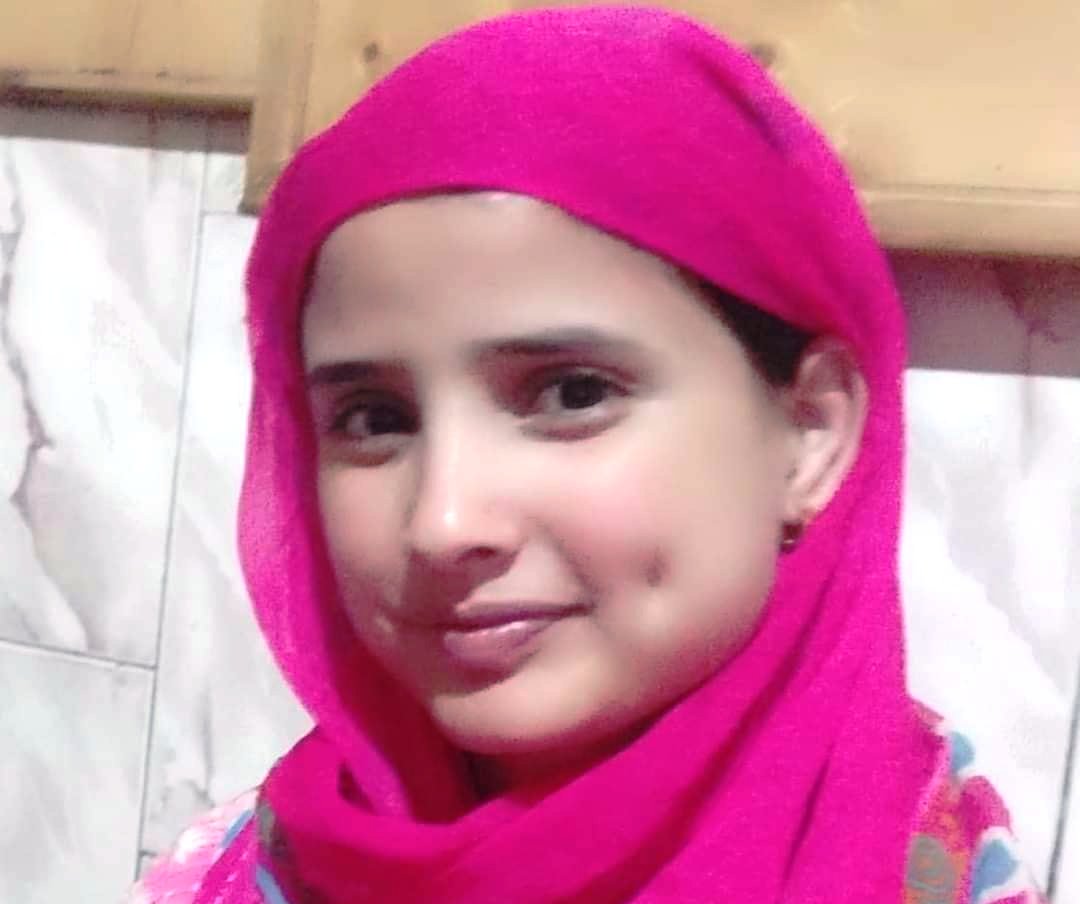
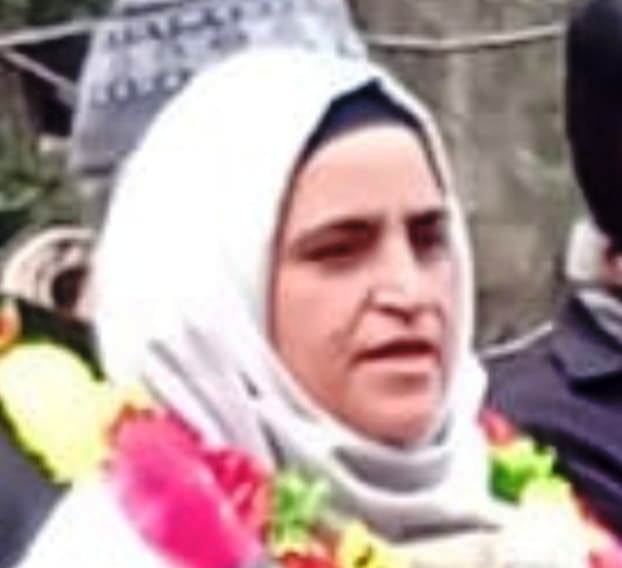
Unlike Mansha, Somiya Sadaf was not lucky. Out in the field for several days to campaign and confident of her victory, the counting of her seat, Drugmulla (Kupwara) along with another seat, Hajin-A (Bandipora) was suddenly stopped.
The stall in the counting was attributed to the reasons “if” they are domiciles of Jammu and Kashmir as the duo were born and brought up in Muzaffarabad, on the other side of Kashmir divide. This is a territory claimed by Delhi to be part of India. The two women had married Kashmiris youth who crossed the Line of Control in 1990. After raising their families there, they returned under the government announced a rehabilitation policy in 2010.
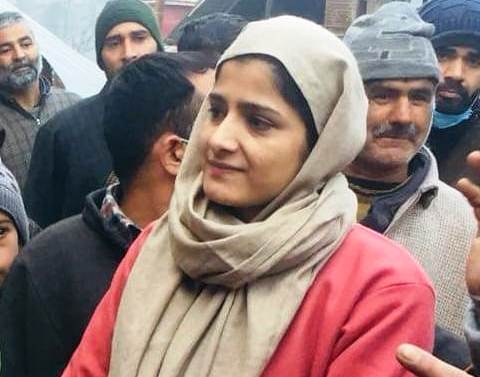
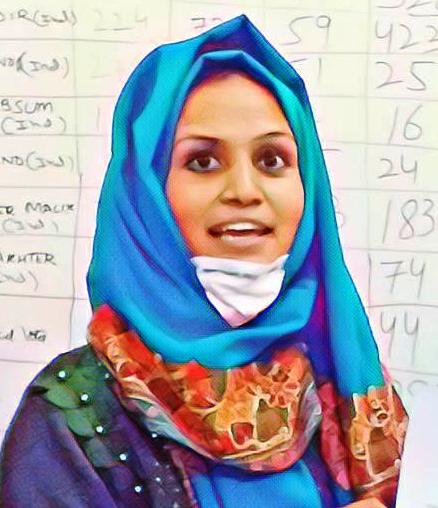
“I believe this was done to stop me from getting elected, “a dejected Samiya said. “If there would have been any problem with my nationality then how come in last elections sarpanchs and panchs from Muzaffarabad were elected. My case was highlighted in the media, be it local, national or international and still nobody informed me that there was any problem with my nationality. I have spent at least Rs 8 to 10 lakhs on my public rallies.”
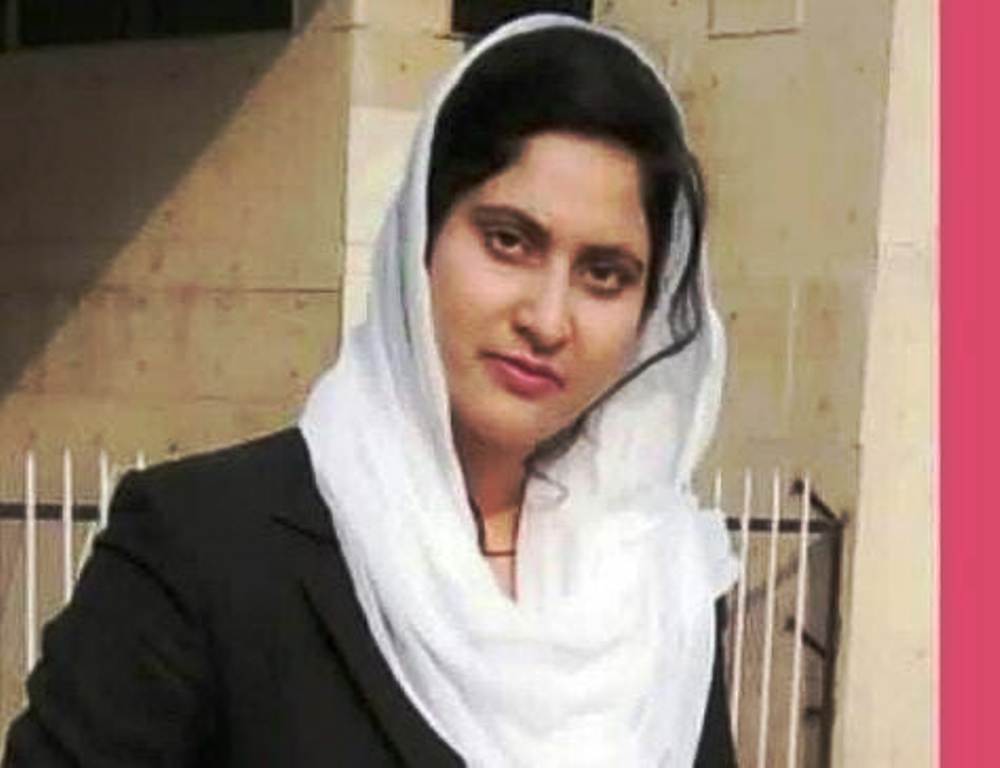
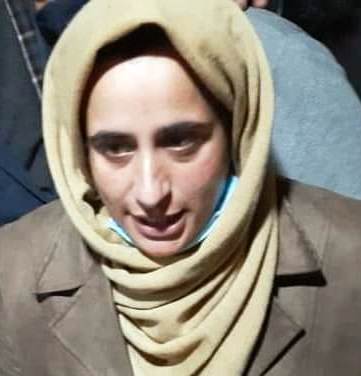
Unlike most of the 350 other women, locally referred to as “Pakistani Bride’s”, who are “stuck” in Kashmir with no facility, Sadaf has visited Pakistan twice on a passport. Reportedly, she has a PCR and has voted in every election as well.
Not all these 99 females – 50 from Jammu and 48 from Kashmir, were independents. Most of them were nominated by political parties. Of Kashmir’s 48, 34 were won for Peoples’ Alliance for Gupkar Declaration (PAGD), two by JKApni Party, one each by BJP, Congress, and PDF. Only nine won independently.
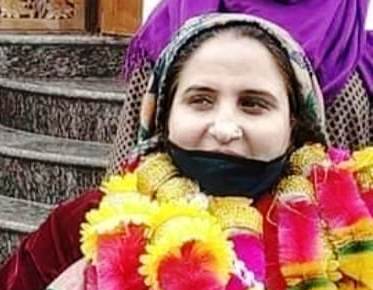
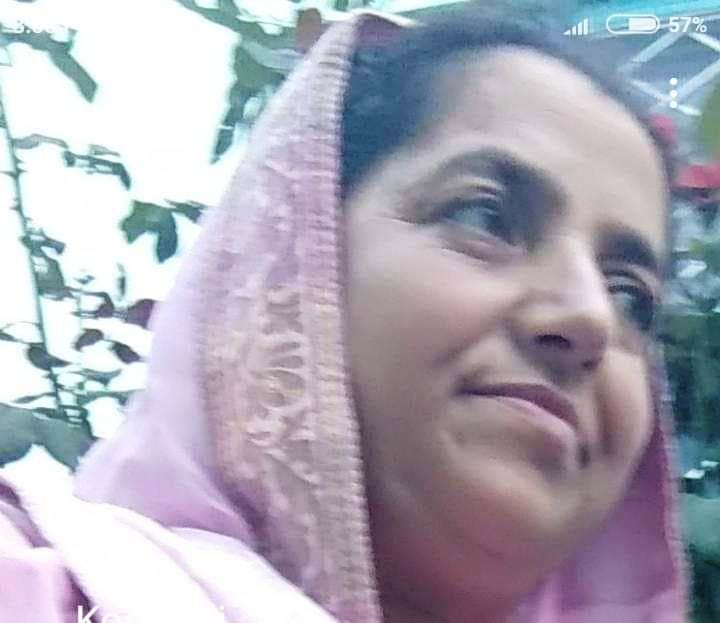
In Kupwara district, the four women exclusive seats were won by Masarat (JKPC), Tahira Begum (NC), Ulfat Mushtaq (PC) and Najma Hamid (JKAP).
Lawyer Masarat Farooq won Kralpora for Peoples Conference. Neighbouring Ramhal was won by another lawyer Ulfat Mushtaq, again for PC. The Tangdar seat is also represented by a lawyer Najma Hamid, but for Apni Party.
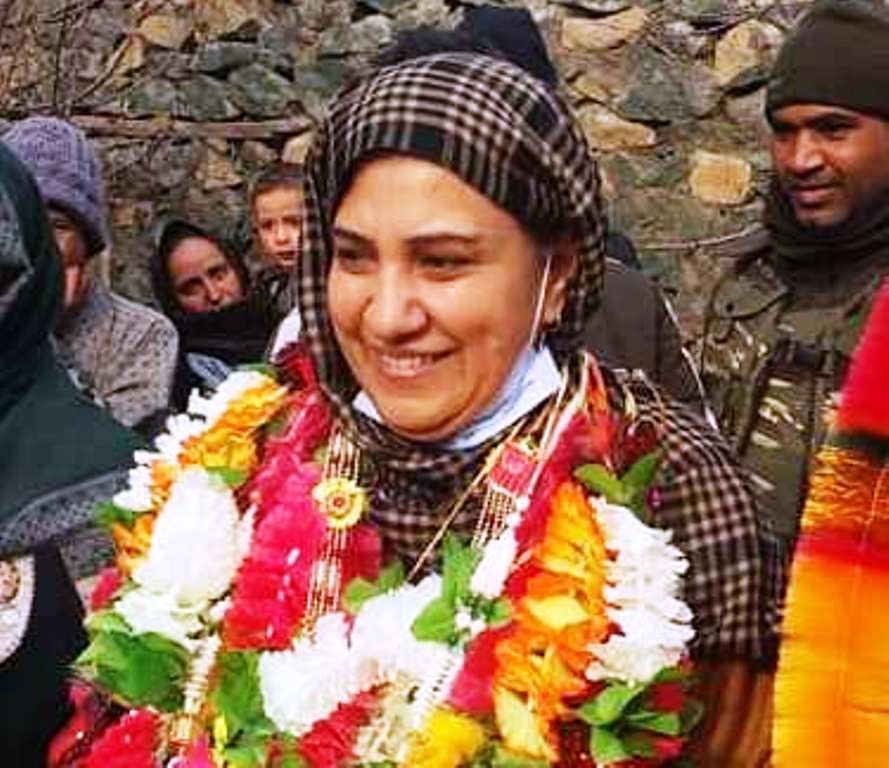
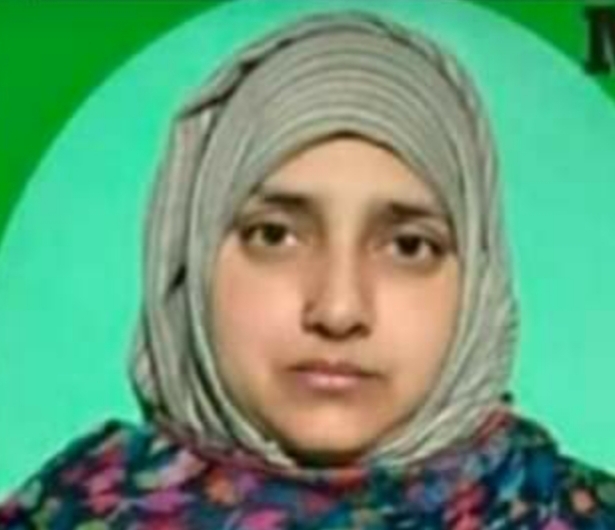
In Baramulla, the five women exclusive seats were won by lawyer Qurat Ul Bashir (PDP), engineer Razia Hassan (PDP), Parmeet Kour (JKPC), Najma Begum (JKPC) and Safeena Beigh (Ind). Kour who won against Apni Party in Rafiabad, the most influential area because the party founder belongs to the belt, is one of the three Sikh candidates whom majority Muslim community sent to the DDC. She is a commerce graduate. Interestingly, the neighbouring Wagoora seat was won by independent Safeena Beigh, also a trained lawyer.
Interestingly, Safeena Beig, wife of former PDP patron Muzaffar has kept cards close to her heart. Formally a member of PDP and president of its women’s wing, Safeena contested election as an independent candidate from Wagoora constituency. She was up against NC’s Shaheena Begum, a joint candidate of the People’s Alliance. Safeena defeated Begum by a margin of around 1500 votes.
Srinagar’s five women exclusive seats were won ‘independently’ by Shaista Aslam, Rizwana Bano, Jameela Begum, Shameema Bano (JKAP) and Afroza Banu (JKPM).
In Budgam, the five female exclusive seats were won by three NC nominees – Insha Showket, Afrooza, and Sayika Akhter, Saima Jan (JKPM), and Rozia Bano (PDF).
Of the five female who won from the reserved seats was Minha Lateef, the one who won on BJP mandate. The four others are Meema (PDP), Tazeem (PDP), Mehmooda Akhter (Ind) and Munsha Jaan (Ind).
Though it was a win by a margin of 14 votes but Minha Lateef’s win is a crucial victory for the BJP. A law student, who has studied four years for integrated law course and now hopes to complete her degree soon, Minha is reluctant to share her photographs. Her concern is her safety. She said she belongs to a political family and being the eldest she had ventured to support her father. Her father Lateef Bhat, who was earlier with Congress, is the vice president of Jammu and Kashmir BJP Minority Morcha. She has expressed her desire to work for the development of the people of the region.
The five female from Anantnag include NC’s Sameena Hussain, Muneera Akhter, and Misra, Khalida Begum (PDP) and Sabhat Gulzar . Sameena Hussain, daughter of former minister Peer Mohammad Hussain, won from Achabal. A homemaker, she is a graduate. The Shangus seat was won by Congress’s Sabhat Gulzar, daughter of former MLA Gulzar Ahmad Wani. Muneera is also a homemaker from a political family. She is daughter in law of Nizamuddin Khata, former PDP MLC, whose son Gular was the Vice Chairman of the Gujjar and Bakerwal Board. But people in south Kashmir are talking much about a homemaker Misra Begum, who defeated the wife of BJP’s Sofi Yousuf, an erstwhile SPO.
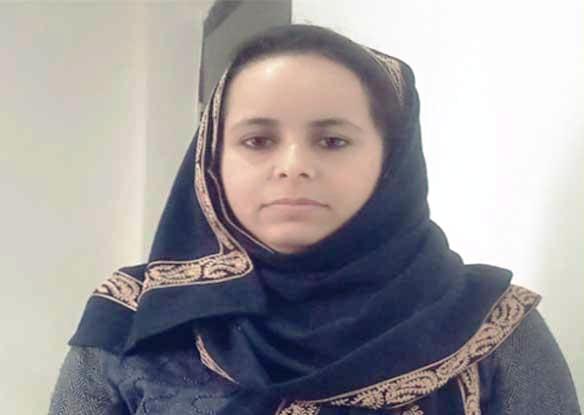
Shopian’s five female DDC members include three NC nominees – Yasmeena Jan, Mehmooda Akhter, Safia Riyaz; Congress’s Nigeena Akhter and an independent Bilqees Jan.
In Kulgam, two female DDC members belong to CPIM – Ruby Jan and Akhtar, while three others are from NC Shaziya Jan, Jameela Akter and Romi Jan. Shaziya Jan, daughter of an NC worker, is a graduate who is married to a local businessman. Ruby Jan is a twelfth standard drop-out who helps her father at their shop. Jameela is a science graduate and B Ed and now pursuing her masters in Sociology through Open University.
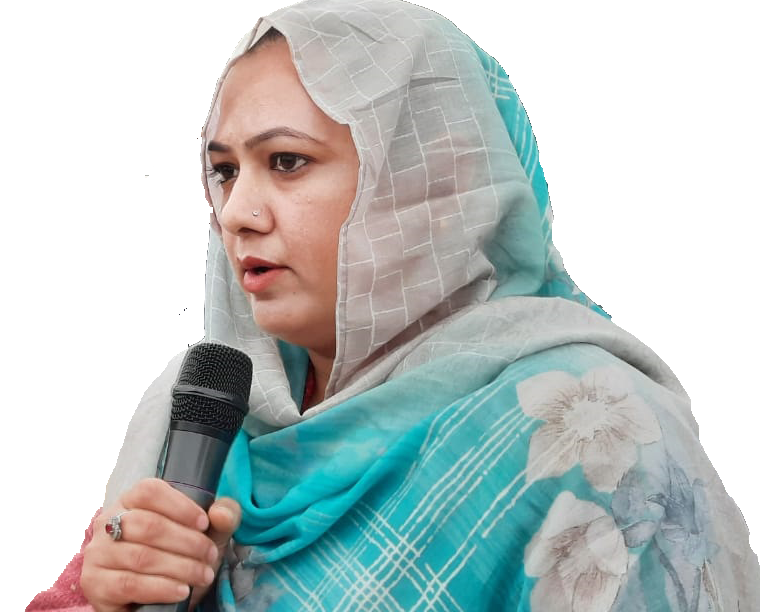
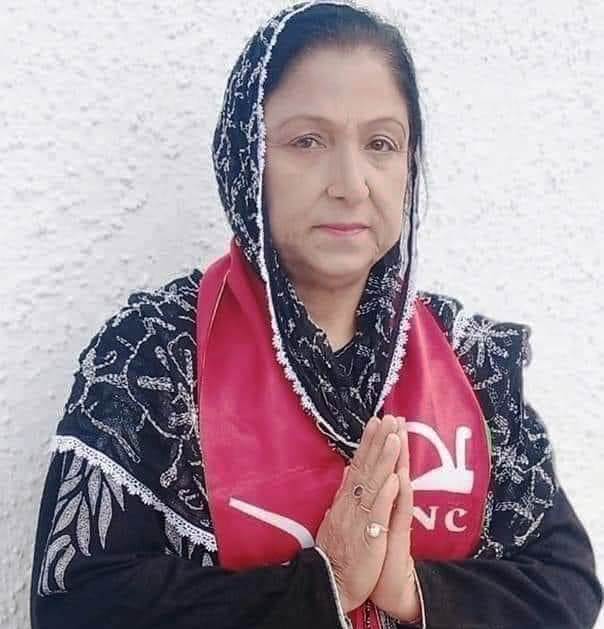
The four who won from Bandipore include NC’s Meewa and Tasleema Begum, Kaunser Shafeeq (PDP), and Farwha Ibrahim (Ind). The result of Hajin is awaited. However, a woman in Bandipora won a seat in an open contest. Identified as Firdousa Akhter, she won for JKAP, by defeating a ANC nominee. Wife of Usman Majeed, an Ikhwan leader who became a Congress minister, The election in this segment triggered a lot of controversy with Dr Farooq Abdullah seeking a re-poll.
In Ganderbal, the five female exclusive seats were won by two PDPs Rozy Jan and Tasmeena Adil and NC’s Hakima Bano, Zahida Hamid and Nuzhat Ishfaq.
With the significant representation of women in DDC now, many people believe it to be a women empowerment, at a different level.




